Given their massive size, short lifespan and ability to live at depths of up to 1,000 m, keeping giant squid in captivity is nearly impossible.
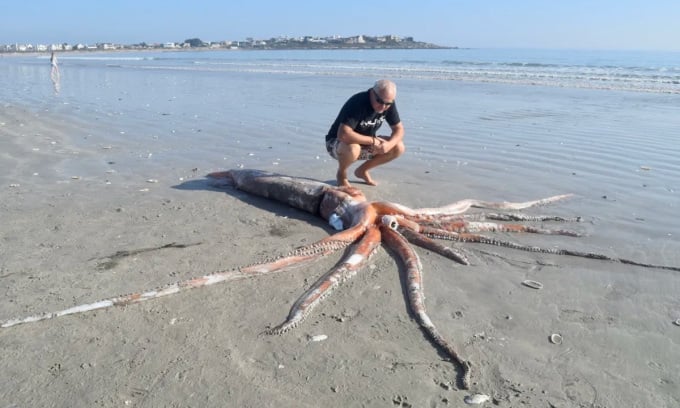
A giant squid carcass washed up on Golden Mile Beach in Britannia Bay, South Africa. Photo: Adéle Grosse
Many animal lovers want to see living creatures up close, but in many situations this is impractical, impossible, or unethical. Zoos and aquariums can play an important role in preserving vulnerable species in the wild, but some species cannot thrive in captivity. One such species is the giant squid.
The giant squid ( Architeuthis dux ) is a large deep-sea animal. It can grow as large as a bus and has eyes the size of dinner plates. Despite its soft body, it has a strange, hard, bird-like beak for dissecting its prey.
The largest giant squid ever recorded by science was about 43 feet long and weighed nearly a ton, according to Smithsonian Ocean . The first reason why this species is not suitable for aquariums is right there in its name: They are truly “giants.” Small, confined spaces can have a negative impact on many wild animals, sometimes leading to zoochosis, a condition in which captive animals engage in repetitive behaviors.
Ethical issues aside, recreating the natural environment of giant squid in an aquarium is also extremely difficult. The world's largest aquarium is 125 meters wide and 11 meters deep, but giant squid often live at depths of up to about 1,000 meters, many times deeper than what aquariums can reach.
Even if a deep enough aquarium were built, keeping giant squid in captivity would probably fail because so little is known about their lifestyle. For animals to thrive in captivity, aquariums and zoos need carefully regulated feeding and care programs. To provide such programs, experts first need to understand giant squid.
Giant squid primarily prey on deep-sea fish and other squid. According to the MarineBio Conservation Society, they hunt by grabbing prey with their tentacles and holding it in place with serrated suction cups. This is difficult to replicate in an artificial environment because it requires feeding more deep-sea creatures.
Another obstacle is that it is difficult to find live giant squid to put in an aquarium. Most of the images of giant squid are of dead animals. Furthermore, even if giant squid are successfully captured, they may not survive long in carefully designed tanks because they do not live long.
Squids have short lifespans, with most species only living for about 1 to 3 years. Scientists aren't sure exactly how long giant squid live, but they believe they live no more than 5 years and only reproduce once, according to Smithsonian Ocean .
Thu Thao (According to IFL Science )
Source link



![[Photo] Overcoming all difficulties, speeding up construction progress of Hoa Binh Hydropower Plant Expansion Project](https://vstatic.vietnam.vn/vietnam/resource/IMAGE/2025/4/12/bff04b551e98484c84d74c8faa3526e0)


![[Photo] Closing of the 11th Conference of the 13th Central Committee of the Communist Party of Vietnam](https://vstatic.vietnam.vn/vietnam/resource/IMAGE/2025/4/12/114b57fe6e9b4814a5ddfacf6dfe5b7f)

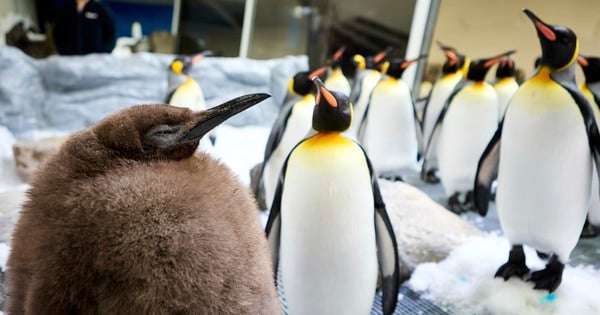

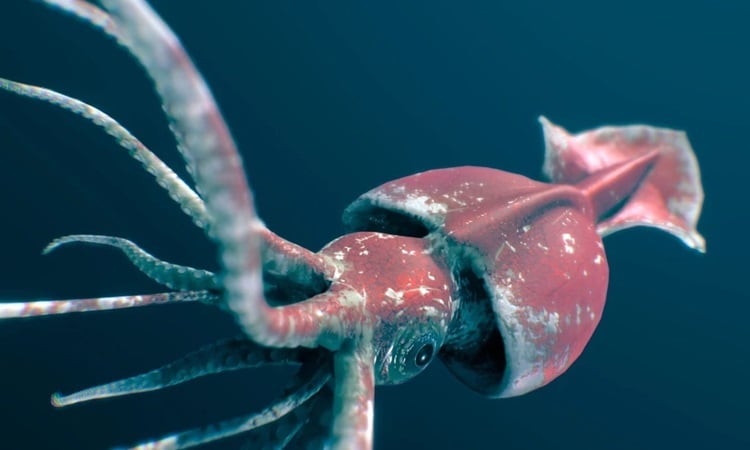


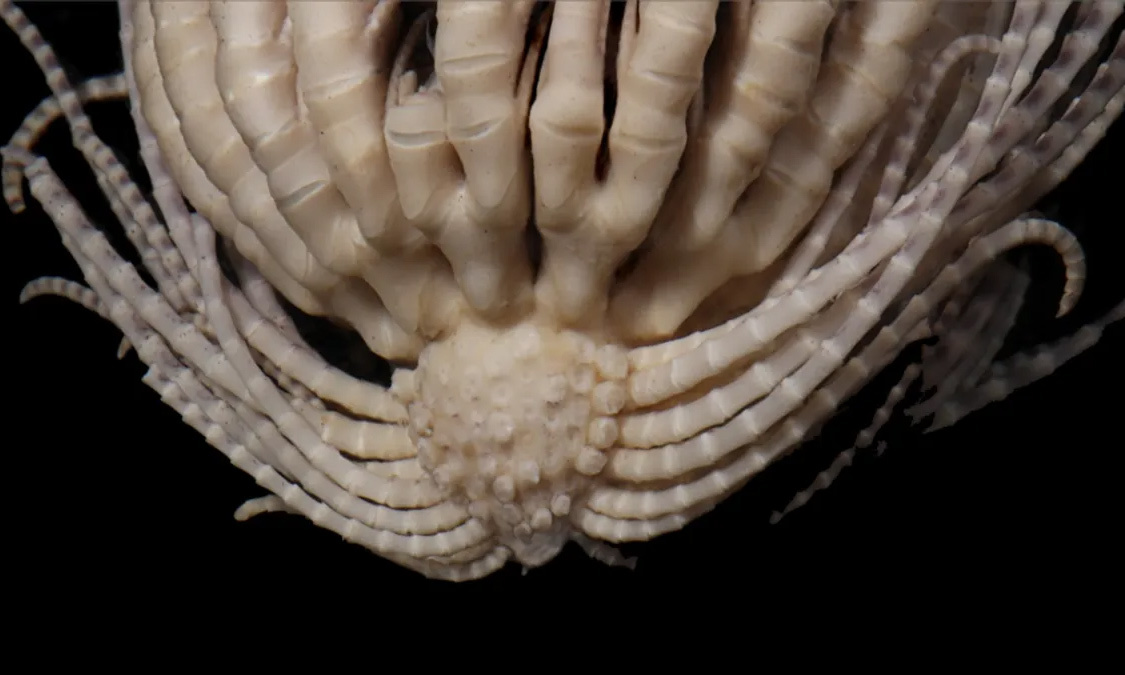
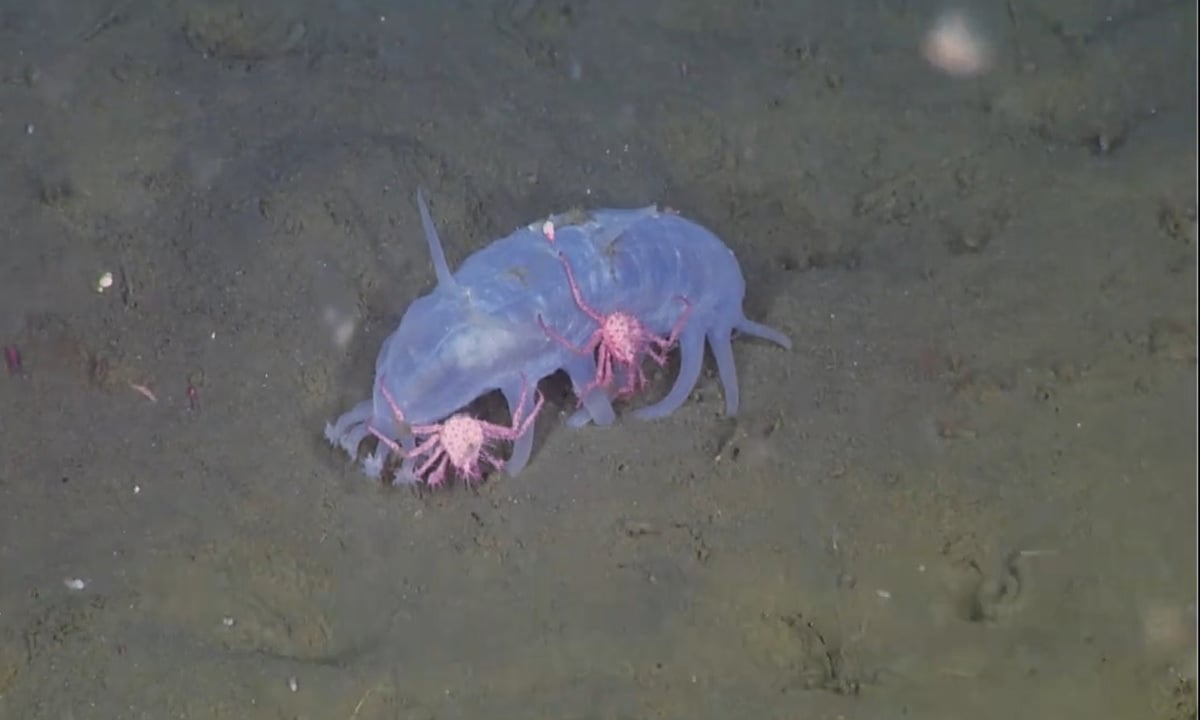
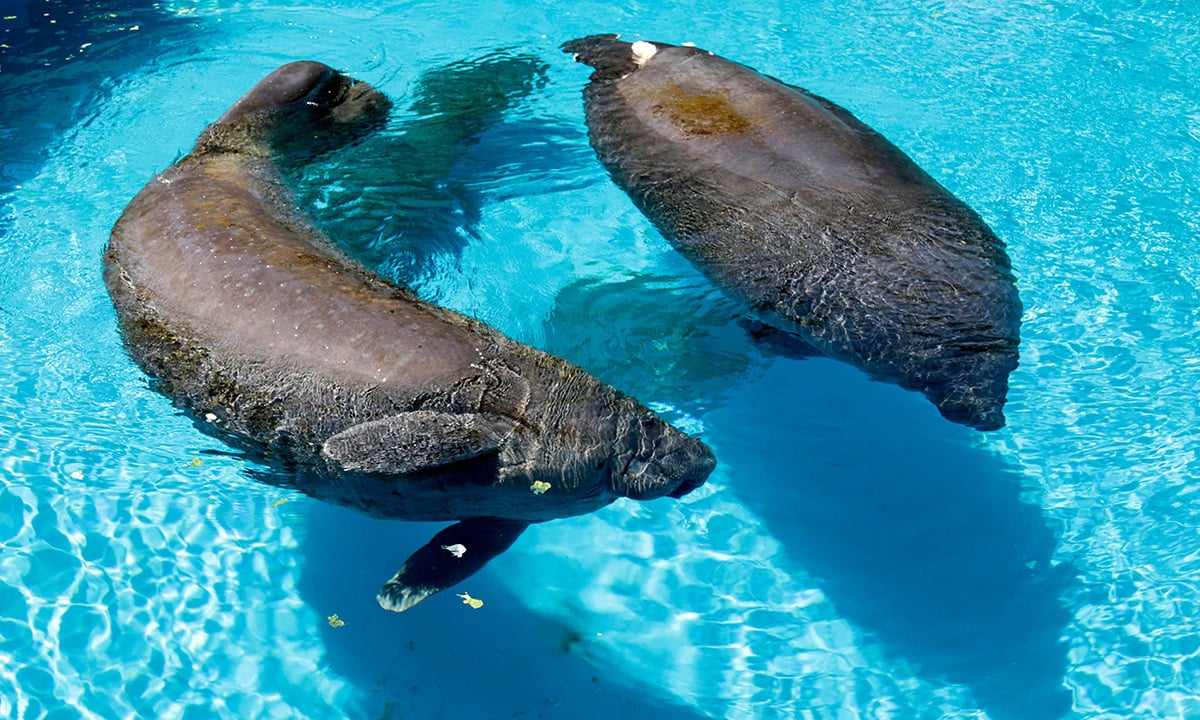
















































































Comment (0)